Iran Press/ Iran News: Barberry is a group of evergreen shrubs that are popular not only for medicinal purposes but for landscaping as well. Many species of barberry have spines or thorns as well as distinctive oblong, bright-red fruit.
The well-known species of barberry is Berberis vulgaris, which is also called European barberry, though it is also common in central Asia, the Middle East, and North Africa, in particular the Iranian variety which is of outstanding quality.
Barberry is a prickly shrub that is 1 to 5 meters long. Its wood is red, brown or yellow. Its leaves are oval and its fruit is oval red and sour.
Read More: Iranian Caviar; what Iran is known for
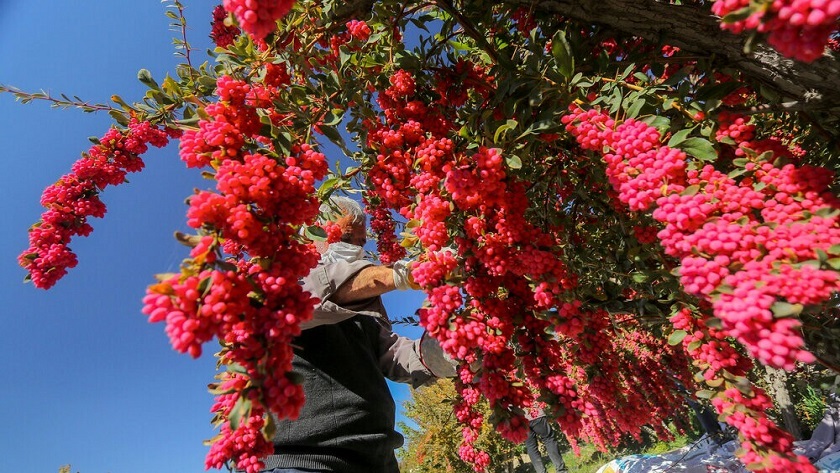 Iran produces great quality barberry
Iran produces great quality barberry
Cultivation site in Iran
South Khorasan accounts for the lion’s share of barberry production both nationwide and worldwide. More than 98 percent of Iran’s barberry is being produced in South Khorasan.
Barberry cultivation in Khorasan is concentrated in the south of the province, especially around Birjand and Qaen where environmental conditions (hot weather, low relative humidity, water shortage, and soil condition) are unfavorable for the growth of other horticultural crops.
In Iran, more than 5,000 tonnes of barberries are produced each year. Khorasan, located in northeastern Iran, is the production center with about 6,000 hectares of field growing barberry. Each year, more than 4,500 tonnes are harvested in the Khorasan region alone.
Harvesting of the barberry crop in Iran is beginning in October.Usually, this harvest in Iran lasts up to 45 days. At present, harvesting of barberry is doing manually.
Read More: Pistachio; What Iran is known for
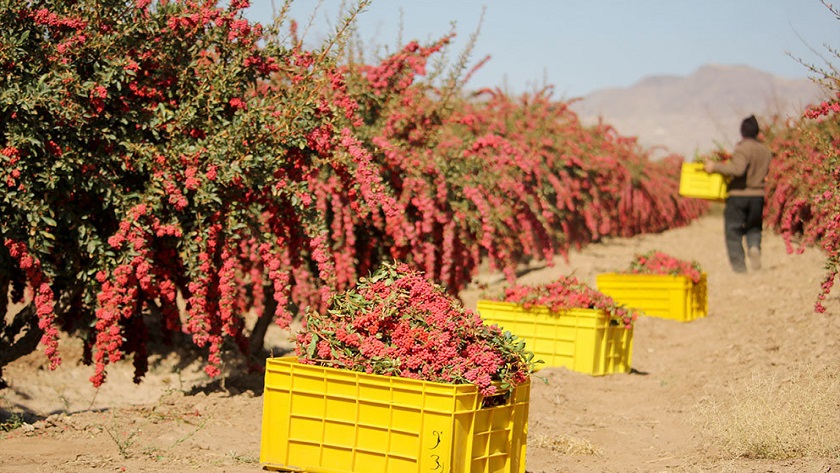 Khorasan is the center of Barberry production
Khorasan is the center of Barberry production
Health benefits
Barberry has been used in traditional herbal medicine for thousands of years. They contain several beneficial compounds, most notably berberine, which acts as an antioxidant and may help manage conditions like diabetes, fight dental infections, and treat acne.
Barberries are highly nutritious. They are rich in carbs, fiber, and several vitamins and minerals.
In particular, the berries are an excellent source of vitamin C, an antioxidant that may help protect against cellular damage, which can lead to heart disease and cancer.
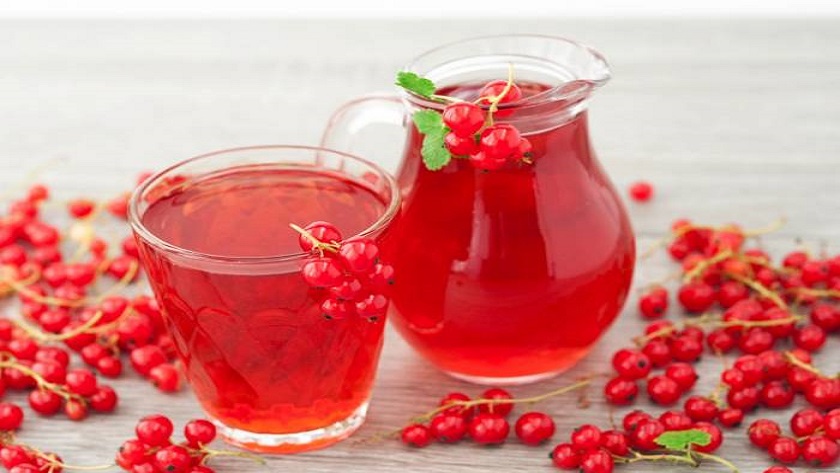 Barberry is rich in nutrients offering great health benefits
Barberry is rich in nutrients offering great health benefits
In addition, barberries contain zinc, manganese, and copper, all of which are trace minerals that play significant roles in immunity and disease prevention.
The bright red color of the berries comes from anthocyanins, which are plant pigments that may boost your brain and heart health, among other benefits.
Berberine is a member of the alkaloid family, a group of compounds known for their therapeutic effects.
Studies have shown that it acts as a powerful antioxidant, combating cell damage caused by reactive molecules called free radicals.
Barberry is also presented via supplements in capsule, liquid extract, tincture, and topical ointment form (barberry ointments are used to treat skin conditions like psoriasis). It is also a key ingredient in many herbal teas.
Read More: Saffron; what Iran is known for
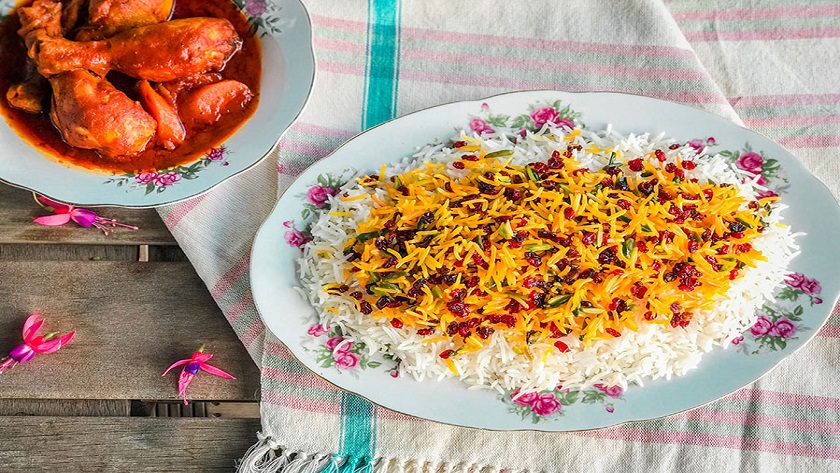 Barberry rice with chicken is served on many occasion in Iran
Barberry rice with chicken is served on many occasion in Iran
Iranian Cuisine and Culture
Barberries are widely used in Iranian cuisine. Black barberries are an important ingredient for a stew from Kermanshah province (mid-west of Iran) which is called “Khoresht-E Khalal Badam” (Persian Almond stew). These gorgeous crimson jewels are not only a key ingredient in many Iranian dishes such as Tahchin (Persian saffron and rice cake) but are also consumed as a popular Persian drink (Ab Zereshk-Barberry juice) due to its tangy taste and health benefits.
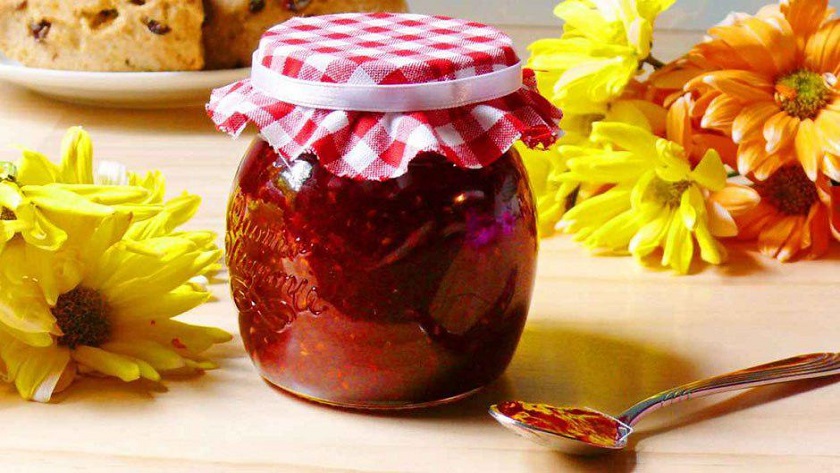 Barberry jam is produced from dried fruit
Barberry jam is produced from dried fruit
Barberry jam: Barberry jam is one of the delicious and very popular Iranian jams that is served as a breakfast or snack like all kinds of jams. This jam has a smooth taste and can be served with cream, butter or pancakes for breakfast.
Barberries are one of the major agricultural exports from Iran and a perfect choice as a Persian souvenir.
Related News: Iranian Ab Anar (Pomegranate Juice) lessens Summer torrid times
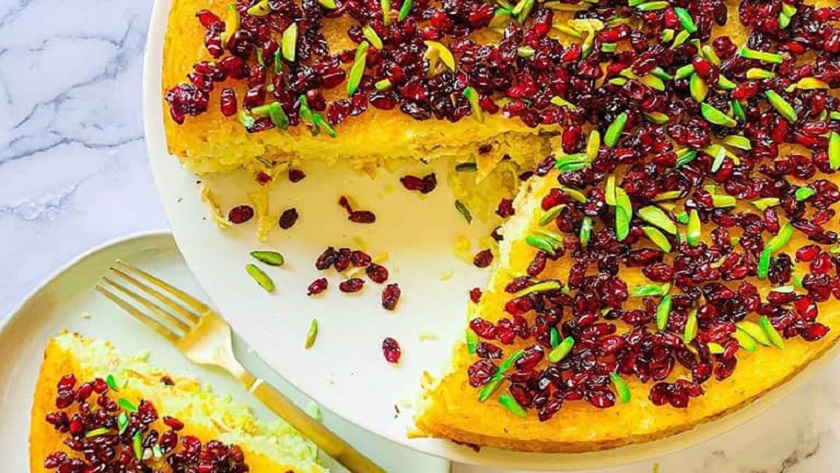 Tahchin; Iranian dish consisting of rice, barberry, saffron, and eggs
Tahchin; Iranian dish consisting of rice, barberry, saffron, and eggs
Barberries varieties
Puffy barberry: After reaching the harvest season, the barberry is cut into a branch of the tree and placed on shelves that are reticulated to lose moisture over time and to maintain a better state. This cranberry is large and uniform and its color is red.
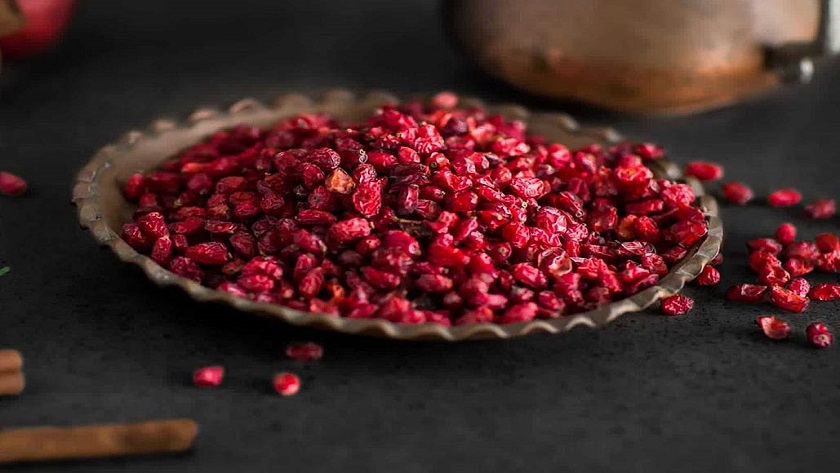 Puffy barberry
Puffy barberry
Pomegranate Barberry: This barberry is similar to pomegranate which is why it is called pomegranate. After the beginning of the harvest season, the barberry crop is removed from the tree by thin, tall trees. After removing the barberry, spread it on the ground and continuously move it to moisture. It has a relatively darker color than other cranberries. It has a higher moisture content than other cranberries and is smaller in size.
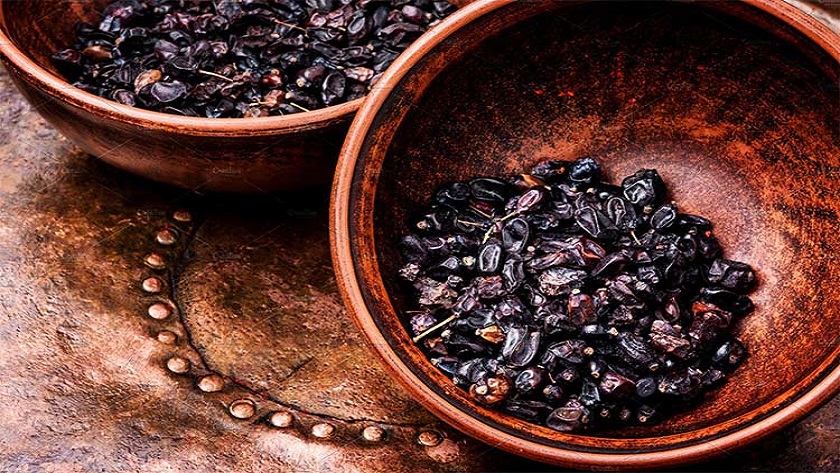 Mountain barberry; a rare variety
Mountain barberry; a rare variety
Mountain Barberry:
Unlike other barberry cultivated in South Khorasan, barberry grows in northern parts of the country such as Bojnourd and Golestan forest margin, and is, therefore, less voluminous and scarce than other varieties. Its color is also more intense than the other two types of barberry.
Related news:
Images of saffron farms in South Khorasan, Iran
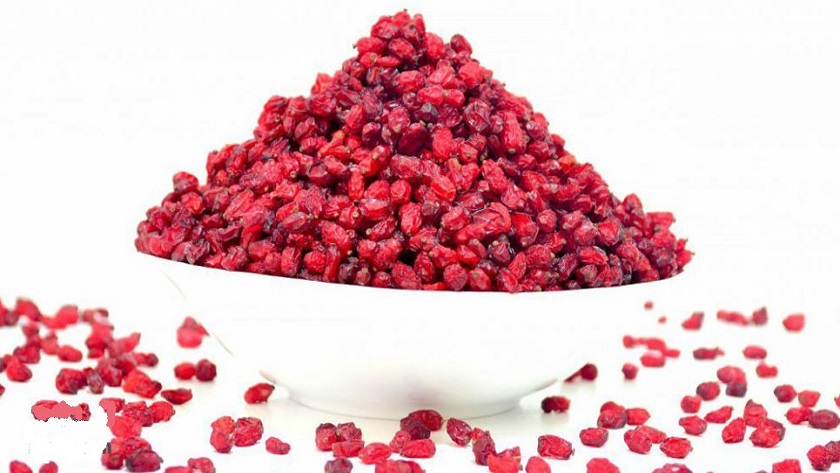 Iran exports quality barberry to many countries
Iran exports quality barberry to many countries
Iran's export
Iranian barberry is also marketed in various countries under the name of Turkey, Uzbekistan and Afghanistan or Pakistan, but the only country that produces this product in large orchards is Iran.
Pomegranate-seed-shape barberry is cheaper than puffy-shape barberry and is very popular in Russia, Ukraine, and Turkey. But puffy-shape barberry has more buyers in Canada, Germany, and Italy due to its light color and lower moisture content.
Last year, more than 248 tons of fresh barberry have been exported to different countries around the world.
Read More:
Pomegranate; What Iran is known for
Ashkan Salehian

